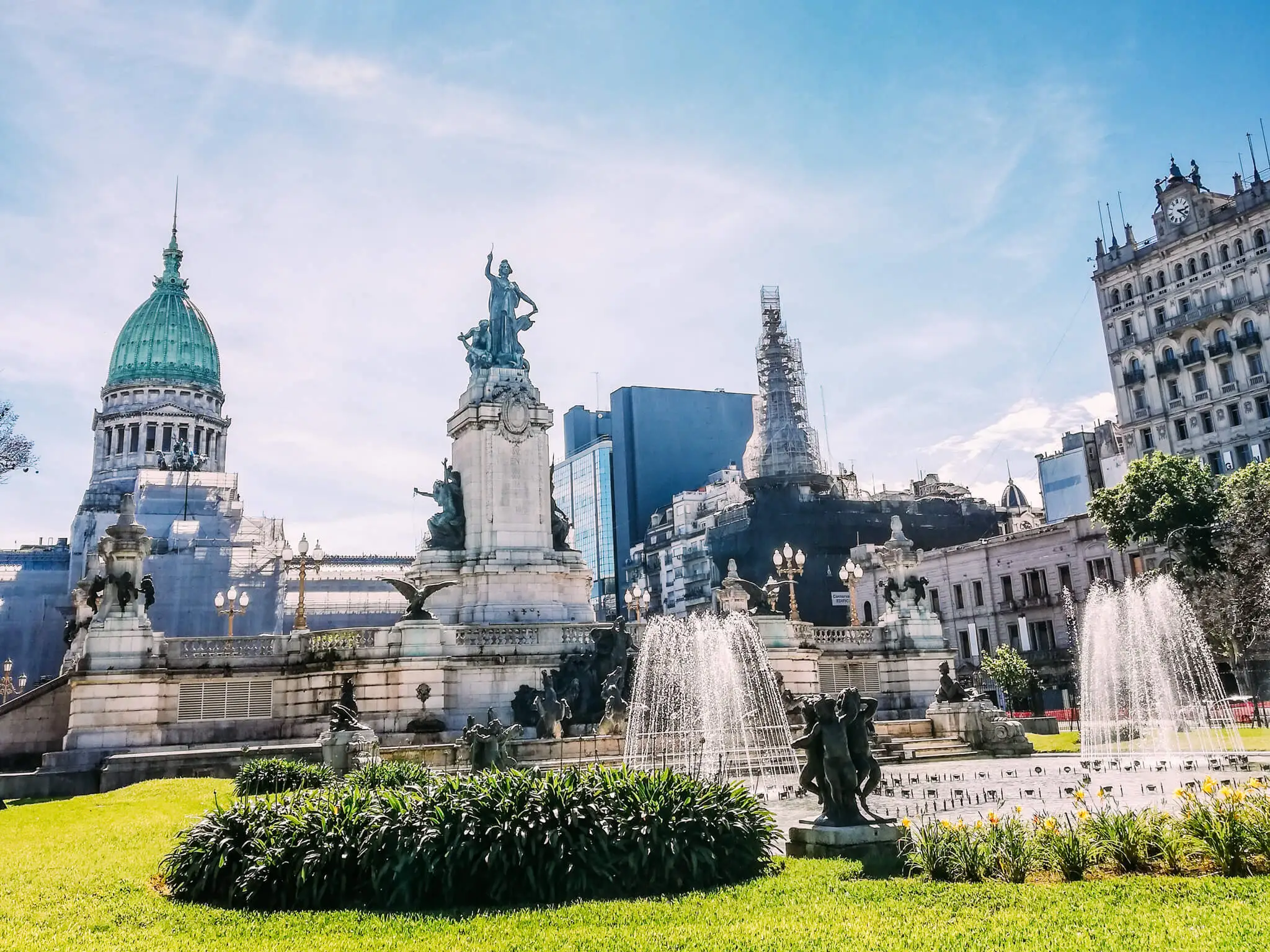In a world hungry for rare earth elements (REEs), Brazil is making a bold move. Serra Verde, a Brazilian mining company, plans to produce 5,000 tonnes of rare earth oxide annually by 2026.
This may seem small compared to China’s 210,000-tonne quota, or the U.S. 43,000 metric tons, but it’s a significant step for Brazil and the global market. REEs are crucial for modern technology.
They’re used in everything from smartphones to electric cars. China currently dominates this market, controlling about 70% of global production. This dominance has raised concerns about supply security and geopolitical leverage.
Brazil’s entry into this market is timely. The country holds the world’s third-largest REE reserves, estimated at 21 million tonnes. Serra Verde’s project in Goiás state is just the beginning.
At least six other REE projects are advancing in Brazil, signaling a broader push into this sector. What makes Serra Verde’s approach interesting is its focus on sustainability.
 Brazil’s Rare Earth Gambit: Country Taps World’s Third-Largest Rare Earth Reserves. (Photo Internet reproduction)
Brazil’s Rare Earth Gambit: Country Taps World’s Third-Largest Rare Earth Reserves. (Photo Internet reproduction)The company uses open-pit mining and simple processing methods, avoiding hazardous chemicals. This could give Brazil a competitive edge as consumers and industries increasingly demand environmentally responsible sourcing.
Expanding Rare Earth Elements Market
The global REE market is set to grow significantly, from $6.2 billion in 2024 to $16.1 billion by 2034. This growth is driven by the green energy transition and the tech industry’s expansion.
Brazil’s emerging REE sector could play a crucial role in meeting this demand. International investors are taking notice. Serra Verde received a $150 million investment from U.S. and UK-based firms in 2023.
More funding rounds are in the works. This international interest underscores the strategic importance of diversifying REE supply chains. Brazil’s government aims to position the country among the top five global REE producers.
If successful, this could reshape the geopolitical landscape of the REE industry. It could provide an alternative to Chinese dominance and potentially lead to more stable prices and supply.
However, challenges remain. Brazil needs to address environmental concerns and streamline its licensing processes. The country’s history of mining accidents also raises questions about safety and regulation in this new sector.
As Brazil develops its REE industry, it has a chance to learn from others’ mistakes. By prioritizing sustainable practices, it could set new standards for the industry.
In short, this approach might give Brazil a unique selling point in the global market. In essence, Brazil’s rare earth gambit is about more than just mining.
It’s about positioning the country as a key player in the technologies of the future. If successful, it could alter global supply chains and strengthen Brazil’s role in the clean energy transition.

 By The Rio Times | Created at 2025-01-03 22:48:11 | Updated at 2025-01-06 04:42:35
2 days ago
By The Rio Times | Created at 2025-01-03 22:48:11 | Updated at 2025-01-06 04:42:35
2 days ago








